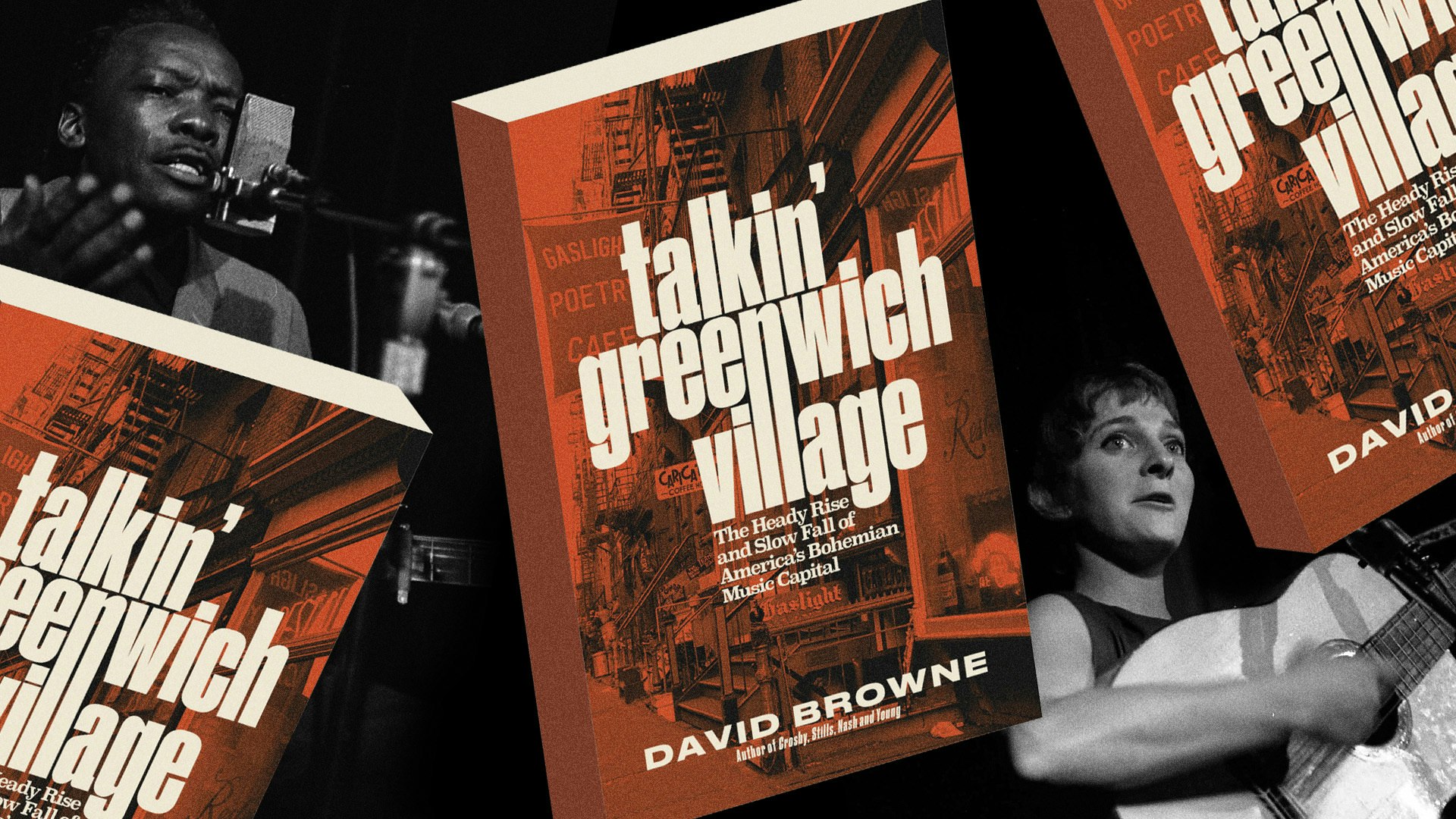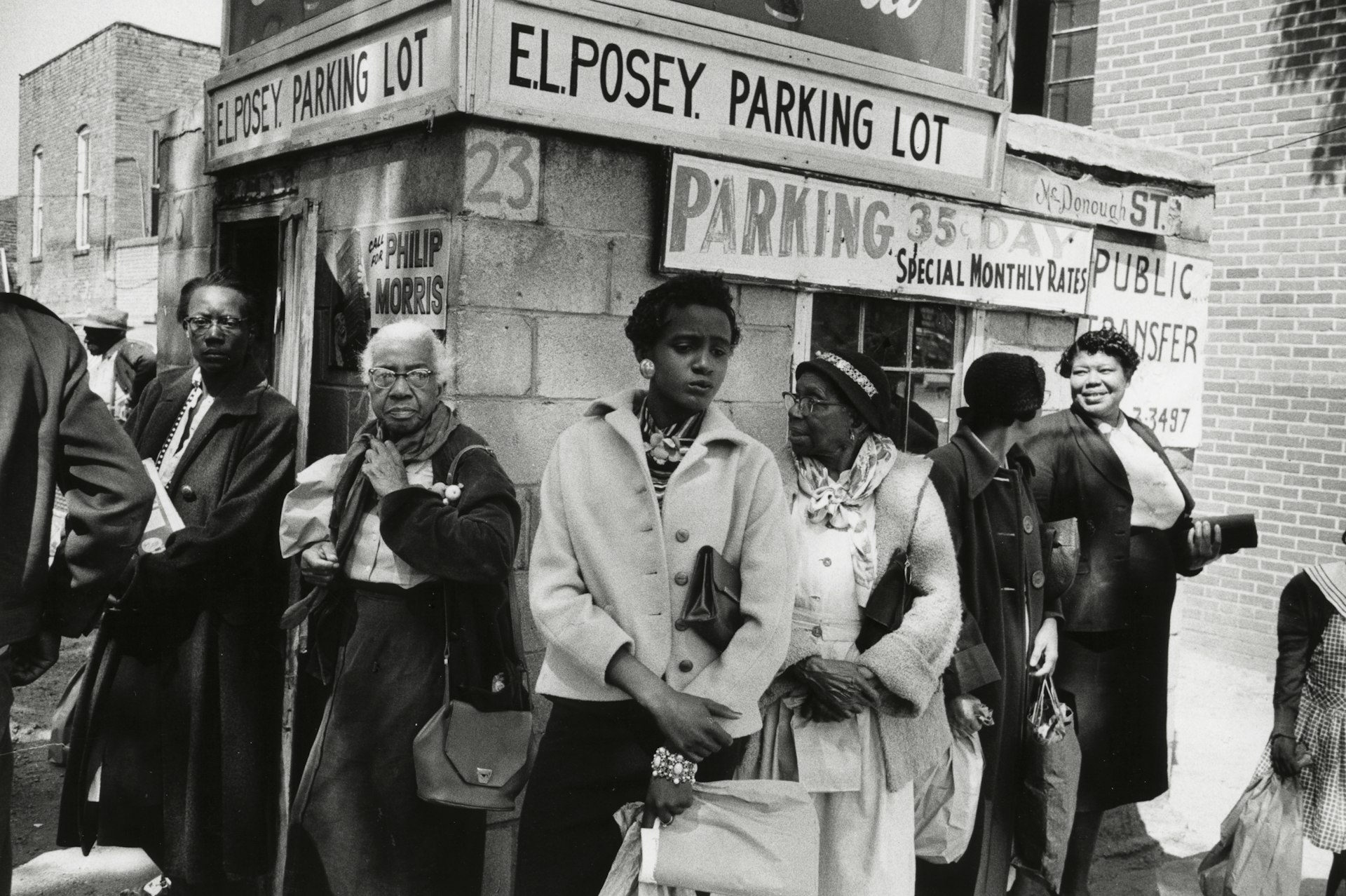Urban exploring: The art of ‘hacking’ hidden spaces
- Text by Amelia Abraham
- Photography by Valerie Leroy

My map is my most prized possession. It has all my secret locations on it: empty houses, factories, theatres, bars, churches, hotels, mines… anywhere that might be unoccupied.
I’m lucky in that from where I live in Liège, in the French part of Belgium, I can just drive off and find new locations to shoot within half an hour.
As a kid, my dad was forever taking pictures and there was always at least one camera in the house. We even had a darkroom, so he taught me how to develop my own images.

During my twenties, I began hanging out with skateboarders and got into the habit of taking pictures of them.
My attention gradually turned to urban exploring after I found a group of friends who loved to look into empty buildings, just out of curiosity to see what was left.
It was only years later that I started shooting these places and quickly learned there was a whole culture around it – both on and offline.

Friends of mine in the community – people we call the ‘old gang’ – have been doing this for over a decade.
Five years later, photographing abandoned spaces has become the main thing I do outside of work.
From searching for places, to scouting them out across Europe, to shooting and editing – it all takes a lot of time.
It’s quite magical to be somewhere where not many people have been in a long time, to see how nature takes over.

Occasionally the noises that come from the buildings makes it feel like they’re breathing. Some might find that scary, but I’m fascinated by it.
There are so many memorable scenes. You might find an abandoned home, with people’s possessions frozen in place – a doll on the couch, a hat by the windowsill, a set of books still on the shelves.
It could be a defunct hotel, its corridors crumbling and peeling with decay, or even an old laboratory, the countertops strewn with test tubes gathering dust.

Once, in the UK, we came across an abandoned mine full of old cars. It’s a crazy place – we had to do a climb to get in there, then blow up a rubber boat to get to the part where the cars were.
They were wrecked so we had to make sure they didn’t puncture the boats. The best advice would be to go at your own pace and know your limits.
Doing this alone can be dangerous. I’ve heard of people falling through ceilings, so we’re very careful: always checking out floors and make sure that it’s safe to walk on them.

Usually we’re a small group – just myself and one or two friends whom I trust – so we don’t draw attention.
There’s a phrase in the community, ‘Take nothing but pictures and leave nothing but footprints’ and we’re very careful not to disturb anything.
We don’t break locks or windows. But sometimes friends find it funny to scare me when I don’t expect it, saying things like: ‘The cops are here!’ just to see me jump.
Technically what we’re doing is illegal – we are entering and trespassing – and there have been times when guards or the police have busted us. But I don’t run from them.

Instead I explain what I’m doing – and usually they understand. Running away only makes it look like you’re doing something wrong.
The real adrenaline rush is in just looking for places, going inside and seeing the beauty of abandonment. That’s what keeps me going back.
I like being in those kind of places with people I’m really close to. It’s intimate… silent. I don’t like crowds, so it’s a nice feeling to be somewhere not many people get to go.

Urban exploring attracts all kinds of people but you have to be a bit of a daredevil; you have to be quick and you have to be capable.
Due to social media, a lot of people who didn’t know about ‘urbex’ are starting to try it now. They’ll often send you a message and think you’re going to just give locations away to them.
But those who have been doing this a long time want to keep things secret. There’s an unspoken rule not to give out addresses, or only give them to people that you trust.

As a photographer, the images seem to have a way of appearing in the moment, just from looking around and paying attention to the light.
The perfect photo for me is one that tells a story, makes people wonder what that space was, imagining the people who used to be in that space.
If I shoot an empty stage in an abandoned theatre, I want the ballerina to come to life in a person’s imagination. I want people to feel like they were there.
Visit Valsdarkroom or follow Valerie on Instagram.
This article appears in Huck 58 – The Offline Issue. Buy it in the Huck Shop now or subscribe today to make sure you never miss another issue.
Enjoyed this article? Like Huck on Facebook or follow us on Twitter.
Latest on Huck

In the ’60s and ’70s, Greenwich Village was the musical heart of New York
Talkin’ Greenwich Village — Author David Browne’s new book takes readers into the neighbourhood’s creative heyday, where a generation of artists and poets including Bob Dylan, Billie Holliday and Dave Van Ronk cut their teeth.
Written by: Cyna Mirzai

How Labour Activism changed the landscape of post-war USA
American Job — A new exhibition revisits over 70 years of working class solidarity and struggle, its radical legacy, and the central role of photography throughout.
Written by: Miss Rosen

Analogue Appreciation: Emma-Jean Thackray
Weirdo — In an ever more digital, online world, we ask our favourite artists about their most cherished pieces of physical culture. Today, multi-instrumentalist and Brownswood affiliate Emma-Jean Thackray.
Written by: Emma-Jean Thackray

Meet the shop cats of Hong Kong’s Sheung Wan district
Feline good — Traditionally adopted to keep away rats from expensive produce, the feline guardians have become part of the central neighbourhood’s fabric. Erica’s online series captures the local celebrities.
Written by: Isaac Muk

How trans rights activism and sex workers’ solidarity emerged in the ’70s and ’80s
Shoulder to Shoulder — In this extract from writer Jake Hall’s new book, which deep dives into the history of queer activism and coalition, they explore how anti-TERF and anti-SWERF campaigning developed from the same cloth.
Written by: Jake Hall

A behind the scenes look at the atomic wedgie community
Stretched out — Benjamin Fredrickson’s new project and photobook ‘Wedgies’ queers a time-old bullying act by exploring its erotic, extreme potential.
Written by: Isaac Muk